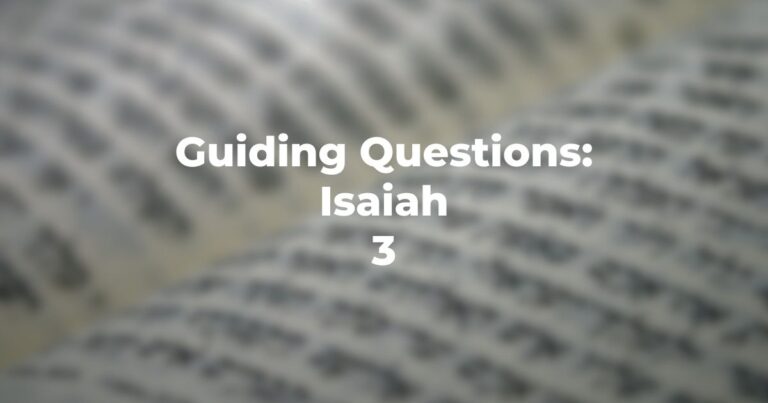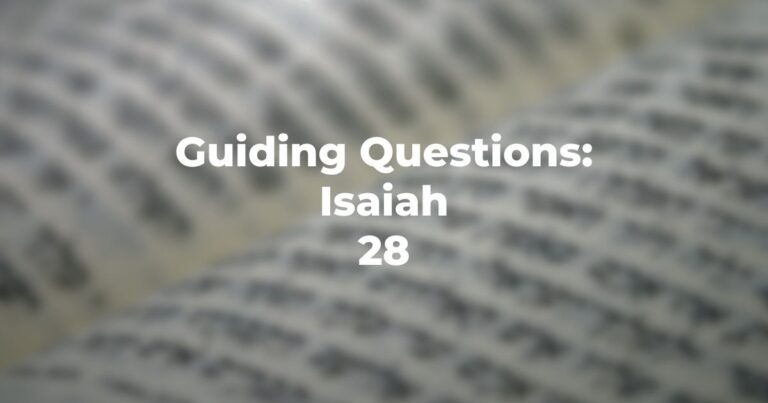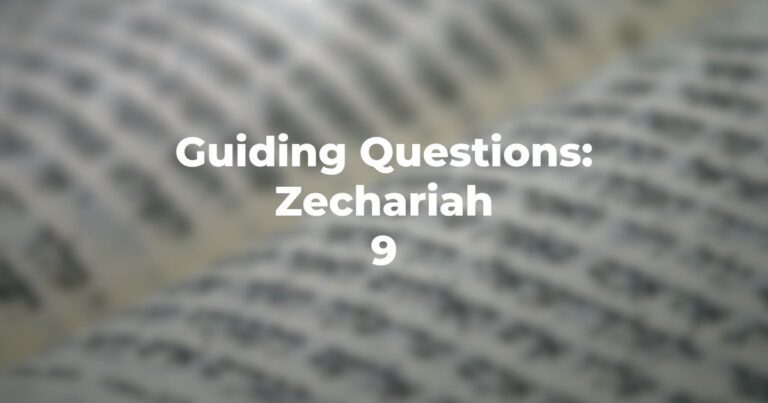- The cause (source) of the punitive incidents is the tyrant — or his people — or both?
- Is the purpose to affirm Divine superiority — Pharaoh is also regarded as a God — and/or that injustice, however powerful its source, will inevitably result in the reflexive (retribution)?
- Has the principle of reciprocity for injustice (i.e. punishment, not revenge) been mingled with mercy — namely, to date in the text, inconvenience and bodily harm but not destruction/death?
- Are the rank and file Ivrim involved in the process of redressing injustice — or are they witnesses/onlookers?
- Does the process of intensified, graded punishment which draws short of the ultimate (death), succeed?
- Is the tyrant less a tyrant or simply more wary, more worried but persisting in adamance?
- And how has Moses “evolved” in his leadership?
- How does the event of locusts (“the flying death”) and darkness (as in Sheol, the underworld) impact on Pharaoh’s counselors (Exodus 10:7) and serve as precursors to the ultimate?
- But, as to Pharaoh, the response (Exodus 10:9-11) is …?
- How does Exodus 10:20 affirm an earlier expectation as to Pharaoh’s fate?
- In the final “interview” of Pharaoh and Moses how have their respective roles changed (Exodus 10:24-29)?
Author
-

Exploring Judaism is the digital home for Conservative/Masorti Judaism, embracing the beauty and complexity of Judaism, and our personal search for meaning, learning, and connecting. Our goal is to create content based on three core framing: Meaning-Making (Why?), Practical Living (How?), and Explainers (What?).
View all posts





